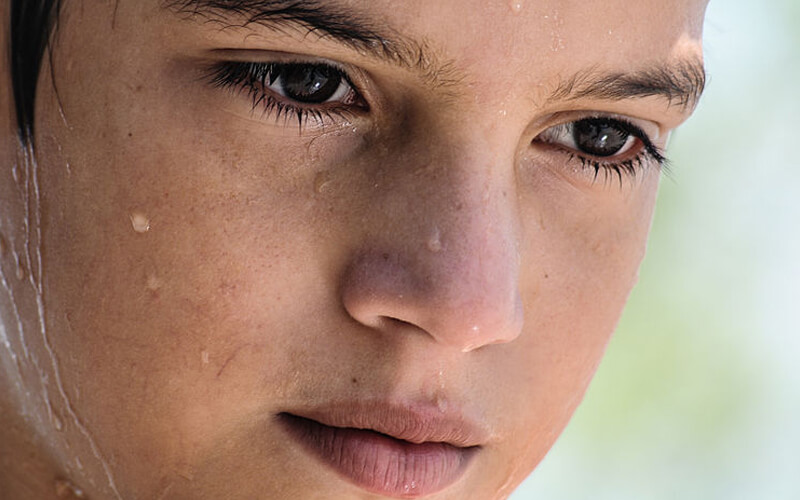
Sweating is a typical response when your body’s working harder and requirements to chill itself off. At the point when it’s hot or you’re striving, that is not, as a rule, an indication of inconvenience.
On the off chance that you simply sweat more than other individuals when it’s hot or you’re striving, that is not typically an indication of inconvenience.
For a few people, summer is an ideal opportunity to make a straight line for work out. In any case, others respect the heat as an approach to sweat progressively and show signs of improvement exercise.
To be sure, I’ve since quite a while ago respected the dampness of my activity sessions as an indication of how hard I was propelling myself. Be that as it may, it turns out I’ve been off-base: How much you sweating doesn’t really relate to how extraordinary your exercise is or what number of calories you consume.
At the point when your body temperature rises, your eccrine organs emit sweat, and the vanishing of dampness from your skin causes you chill. Obviously, sweating can happen for different reasons, for example, stress or dread.
That sort of sweat originates from the apocrine organs, which are found essentially in the underarm and crotch.
The amount we sweat amid practice is because of various components, including sexual orientation (men tend to sweat more than ladies) and age (more youthful individuals sweat more than more seasoned individuals) and additionally hereditary qualities, temperature, and moistness.
Weight assumes a part also. Bigger individuals tend to sweat more, in light of the fact that their bodies produce more warmth.

How much exercise do I truly require?
Another benefactor is wellness level. Shockingly, fit individuals tend to sweat sooner amid exercise and more bountifully than the individuals who are less fit.
The research proposes that as your wellness level enhances, your body’s warmth controlling framework turns out to be more proficient, chilling you off speedier and enabling you to work harder.
Try not to be deceived by the passing of a couple of pounds after a high-sweat exercise. This is essentially water weight that you increase back when you rehydrate and doesn’t really mean you’ve consumed heaps of calories.
On the other side, don’t expect that a low-sweat exercise implies you aren’t buckling sufficiently down or sufficiently consuming calories. It may be the case that your sweat vanishes rapidly in light of the fact that you’re practicing in cooling, almost a fan or outside on a blustery day. Or, on the other hand, not at all like me, you basically may not sweat much.
Possibly that exercise can hold up until the end of the week?
Whatever the case, wearing apparel made of manufactured textures, for example, polyester or Lycra can enable you to feel less damp with sweat. These draws (or wick) sweat from your skin to external layers of the garments, where the dampness vanishes.
Cotton, then again, retains dampness yet doesn’t advance dissipation. Accordingly, your shirt or other garments can feel drenched and overwhelming after an exercise.
A disadvantage of polyester is that it tends to stink more than cotton after exercise. In one investigation, scientists gathered the sweating-soaked shirts of 26 subjects following an hour of concentrated turning. The following day, prepared sniffers verified that the polyester shirts noticed more awful than the cotton ones. (It’s vague who precisely consented to carry out this occupation or why.)
Micrococci, a kind of microscopic organisms that separate sweating and cause repulsive scent, were found to become just on the polyester articles of clothing. That is vital in light of the fact that sweat itself is by and large scent free; it’s the mix of sweat and certain microscopic organisms that actually raises a stink.
Join the discussion
see the most recent news and offer your remarks with CNN Health on Facebook and Twitter.
You can discover “scent safe” manufactured textures, which are treated with different antibacterial mixes. Among the most widely recognized is silver, ordinarily connected in minor sums known as nanoparticles.
Yet, some examination proposes that silver-regarded dress may not function and in addition guaranteed to diminish microscopic organisms and scent. Also, a lot of the silver may turn out in the clothes washer, decreasing the adequacy of the pieces of clothing and possibly hurting nature.
There are likewise worries that presenting our skin to silver nanoparticles may represent a well being a hazard, however, there’s no immediate confirmation for sweating.
 listen-2-me World News
listen-2-me World News



